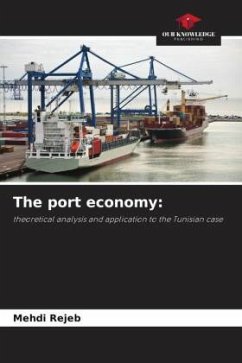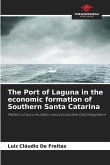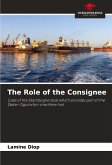Whatever the level, national or regional, the role played by commercial ports as a public good at the service of the economy is indisputable. These infrastructures fulfil multiple functions. They are at the same time communication tools towards more or less distant destinations for both passengers and goods, privileged places for intermodal exchanges (sea-road, sea-rail, sea-sea...) and, finally, activity areas where products can be handled, stored, packaged and sometimes transformed. The national and regional importance of ports and the high cost of their infrastructure have led public authorities to participate in the provision of port services through public-private partnerships whose main objective is to minimise transport costs. The ports are therefore development engines that bring an undeniable economic advantage to the regions that are provided with them. In Tunisia, the ports ensure about 95% of the commercial exchanges.
Bitte wählen Sie Ihr Anliegen aus.
Rechnungen
Retourenschein anfordern
Bestellstatus
Storno








